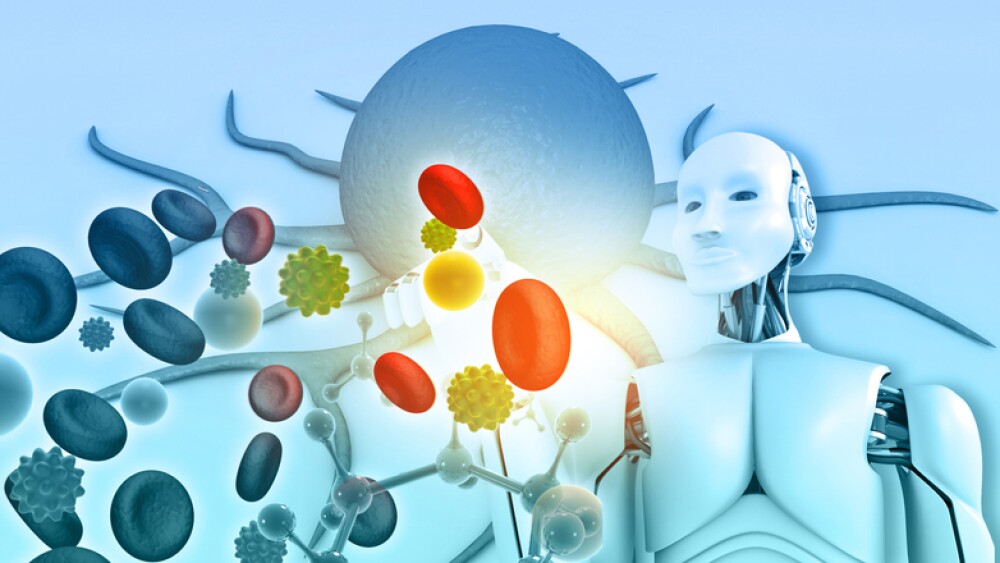DiaCarta Inc., today announced that the company, under a Cooperative Research and Development Agreement (CRADA) with the National Cancer Institute (NCI), part of the National Institutes of Health, will collaborate on the evaluation and development of DiaCarta’s proprietary xeno-nucleic acid (XNA) molecular clamping technology.
|
PLEASANTON, Calif., Jan. 5, 2022 /PRNewswire/ -- DiaCarta Inc., a precision molecular diagnostics company and leading developer of novel oncology tests using liquid biopsy today announced that the company, under a Cooperative Research and Development Agreement (CRADA) with the National Cancer Institute (NCI), part of the National Institutes of Health, will collaborate on the evaluation and development of DiaCarta's proprietary xeno-nucleic acid (XNA) molecular clamping technology. NCI and DiaCarta will collaborate on the following projects: (1) the investigation of low frequency mutation events in cancers and rare diseases using DiaCarta's proprietary xeno-nucleic acid (XNA) molecular clamping technology, and (2) the development of XNA probes for in situ cancer cell detection. The duration of the CRADA will be 2 years from the effective start date. DiaCarta's proprietary XNA based Molecular Clamping Technology uses innovative synthetic Xenonucleic acid molecular oligomers that hybridize with only target wild-type DNA sequences. The XNA oligomers act as molecular clamps that by blocking the wild-type sequences, only enables the accurate amplification of mutant sequences using quantitative real-time polymerase chain reactions (qPCR). "We are extremely pleased at this opportunity to collaborate with our esteemed colleagues at the NCI and are looking forward to our work together. Accurate and efficient amplification of mutant sequences, most of which are present in extremely low frequency, is an unmet need across various disease states, including hard to diagnose cancers," said Aiguo (Adam) Zhang, CEO of DiaCarta. "DiaCarta's XNA Molecular Clamping Technology allows clean, targeted amplification of mutants, thereby providing an essential solution. We are excited to expand and develop it further across other indications through our partnership." "NCI's mission is to lead, conduct, and support cancer research across the nation to advance scientific knowledge and help all people live longer, healthier lives." Dr. Zhuang, Senior Investigator in the Neuro-Oncology Branch at NCI's Center for Cancer Research, said: "To achieve such a goal and overcome the challenges of precision diagnosis of cancers we have to explore a variety of platforms." Principal Investigator on the collaboration, Dr. Hongjun (Harry) Yang, SVP of Companion Diagnostics at DiaCarta pointed out "With ever changing and new mutations emerging daily, detecting these rare cancers is a challenging task. DiaCarta's XNA technology shows promise in error-free sequencing, and we are extremely excited to work with the top scientists at NCI/NIH to explore XNA's full potential and develop it further. This collaboration will allow us to take this technology to new heights of innovative applications. This CRADA will symbolize the start of the next generation of companion diagnostics." About DiaCarta Inc. Contacts: Media
SOURCE DiaCarta Inc. |





